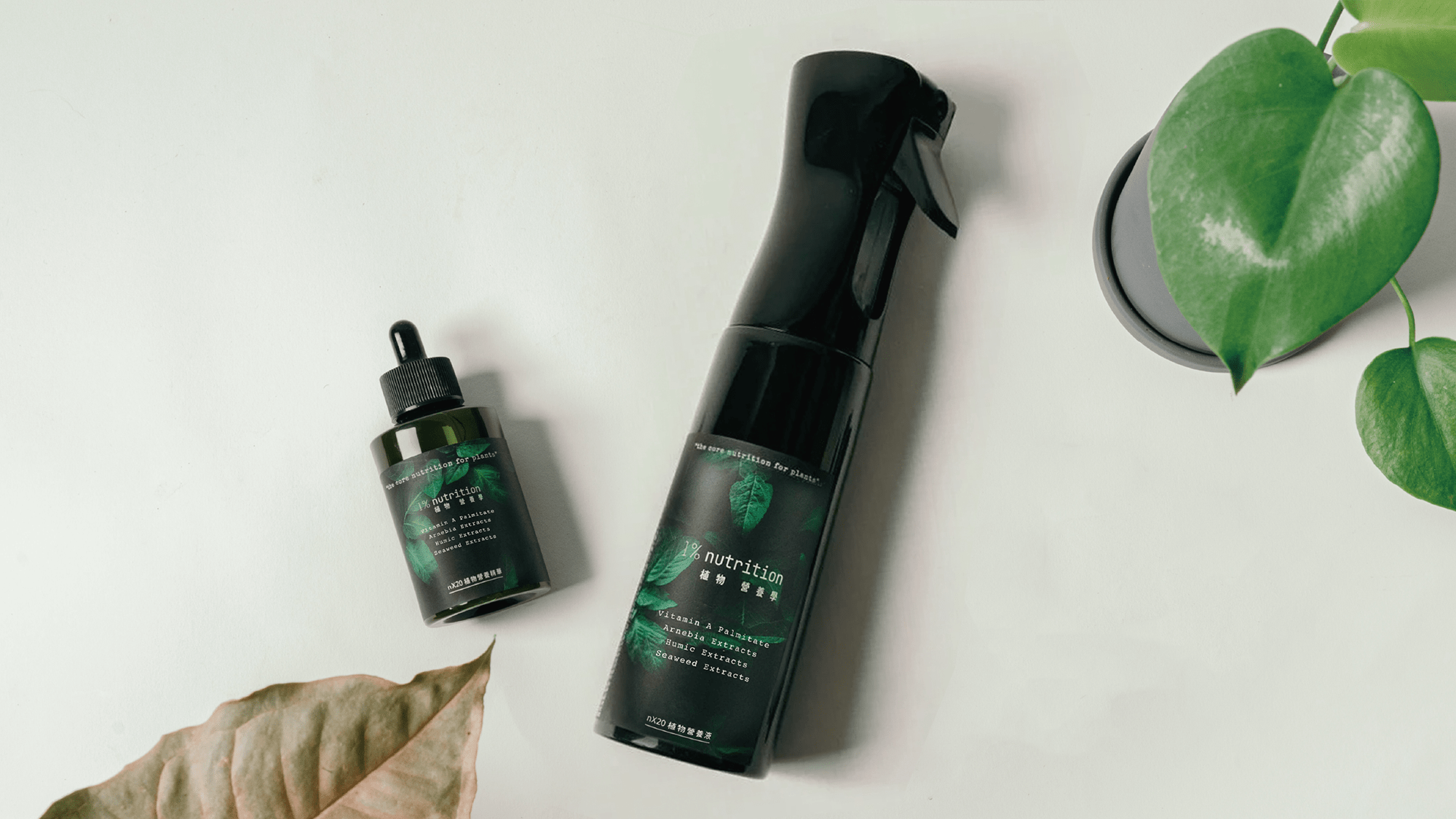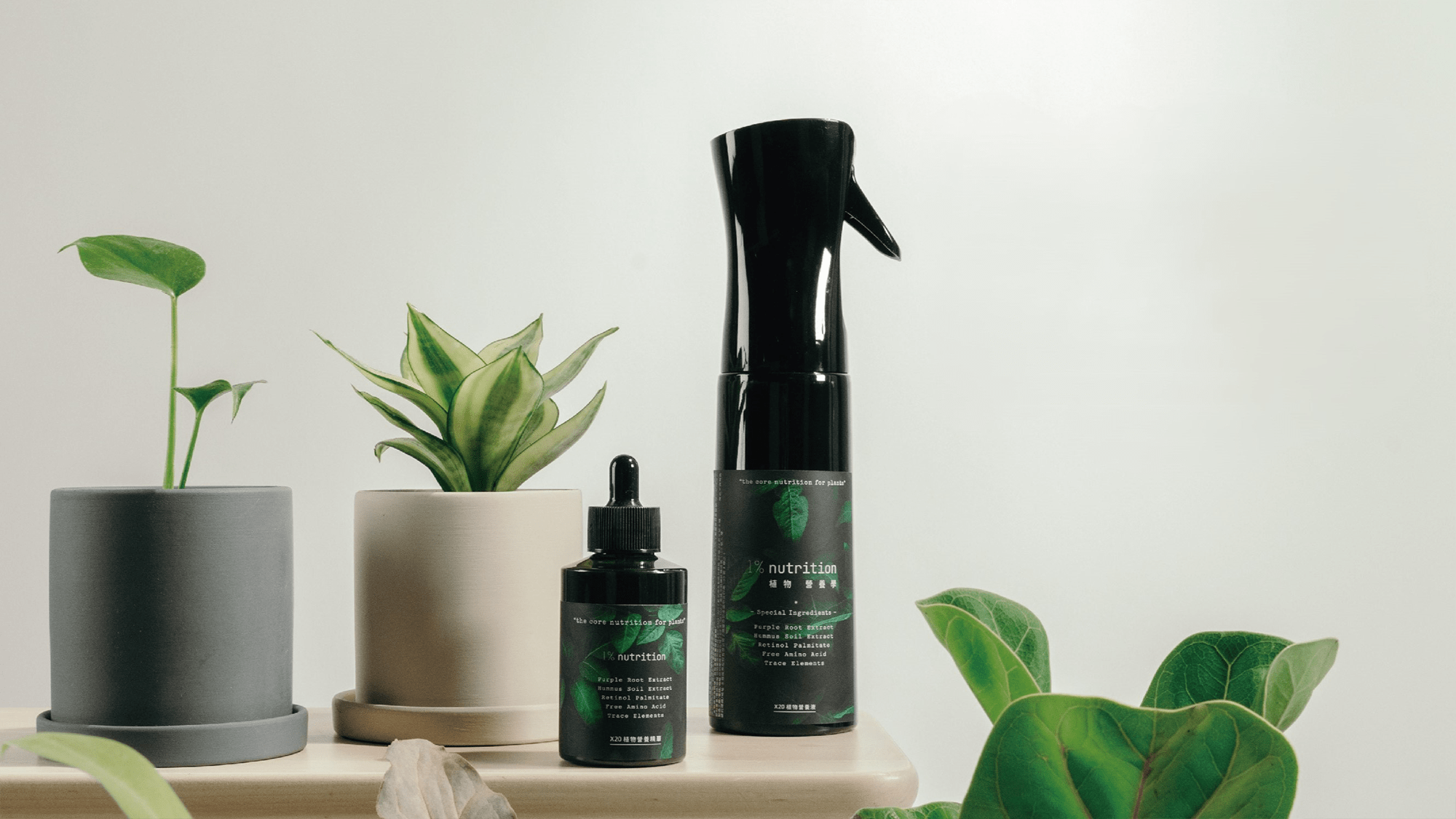
Beginner's Guide to Plant Nutrients: Answers to 7 Common Questions

Plant Nutrients: Essential for Plant Survival
Healthy plant growth relies heavily on proper nutrient supplementation. While watering and good soil are important, over time, soil nutrients deplete. This is where plant nutrition solutions become essential. Plant nutrients are crucial for improving plant survival rates. This article addresses 7 common questions about plant nutrients to help you understand their benefits better.
7 Common Questions About Plant Nutrients
1. Why use plant nutrients when watering is enough?
Watering and quality of soil are important, but soil nutrients diminish over time, stunting plant growth. Plant nutrients provide essential supplements without causing soil acidification or attracting pests like regular fertilizers. Nutrients with humic extracts can enhance beneficial soil bacteria, promoting healthier plant growth.

2.Which plants need plant nutrients?
Most indoor plants benefit from nutrient solutions to address common nutrient deficiencies. However, low-fertilizer-demand plants like succulents and carnivorous plants should use low-nitrogen, phosphorus, and potassium nutrients, diluted to avoid fertilizer burn.

3. What's the difference between plant nutrients and regular fertilizers?
Hydroponic Plants (Direct Use)
Hydroponic Plants (Liquid Only, Recommended for Hydroponic-Specific Use)
Hydroponic Plants (Liquid Only, Recommended for Hydroponic-Specific Use)
Chemical fertilizers contain high concentrations of synthetic nutrients like nitrogen, phosphorus, and potassium, which release quickly but don't last long and require careful application. Organic fertilizers, derived from natural materials, release nutrients slowly and are eco-friendly but may have odors and attract pests.
Plant nutrients combine the benefits of both, offering quick absorption, eco-friendliness, no b odors, and no pest attraction, making them ideal for indoor gardening.
4. What unique advantages do plant nutrients offer?
Plant nutrients have two main advantages:
(1)They can be used for both soil and hydroponic plants, offering comprehensive nutritional support.
(2)They promote rapid growth and can be tailored for specific benefits, such as root growth and disease resistance, which regular fertilizers struggle to achieve.

5. Can plant nutrients replace fertilizers?
Plant nutrients provide quick nourishment and enhance nutrient absorption, making them an excellent complement to fertilizers. Combining both yields the best results. For example, 1% nutrition plant nutrients enhance absorption efficiency, reducing fertilizer usage.
After About 1 Week
After About 2 Weeks


6. What's the difference between foliar spray and soil watering with plant nutrients?
Plants transport nutrients from roots to leaves. Diluted nutrient solutions for soil or hydroponic use ensure whole-plant absorption and root development. Foliar sprays are convenient and quickly absorbed by leaves and stems but less so by roots.

7. How to choose from the many plant nutrients available?
Choose certified products. For non-nitrogen, phosphorus, potassium solutions, look for those with plant protection certification. For those with micronutrients, ensure they have a fertilizer registration number and prefer those with a total NPK content below 10% to avoid fertilizer burn. Ingredients like seaweed or licorice extracts boost root nutrition absorption.

(Recommended Products: 1% nutrition Plant Care Spray for quick maintenance, 1% nutrition Concentrate for mixing with water to condition soil and stimulate root growth.)
Choosing the Right Plant Nutrients for Healthy, Lush Plants
Plant nutrients are vital for healthy plant growth, providing essential nutrients and improving soil conditions. Whether gardening indoors or outdoors, selecting and using the right plant nutrients can help you grow healthy, lush plants effortlessly.


Leave a comment
This site is protected by hCaptcha and the hCaptcha Privacy Policy and Terms of Service apply.